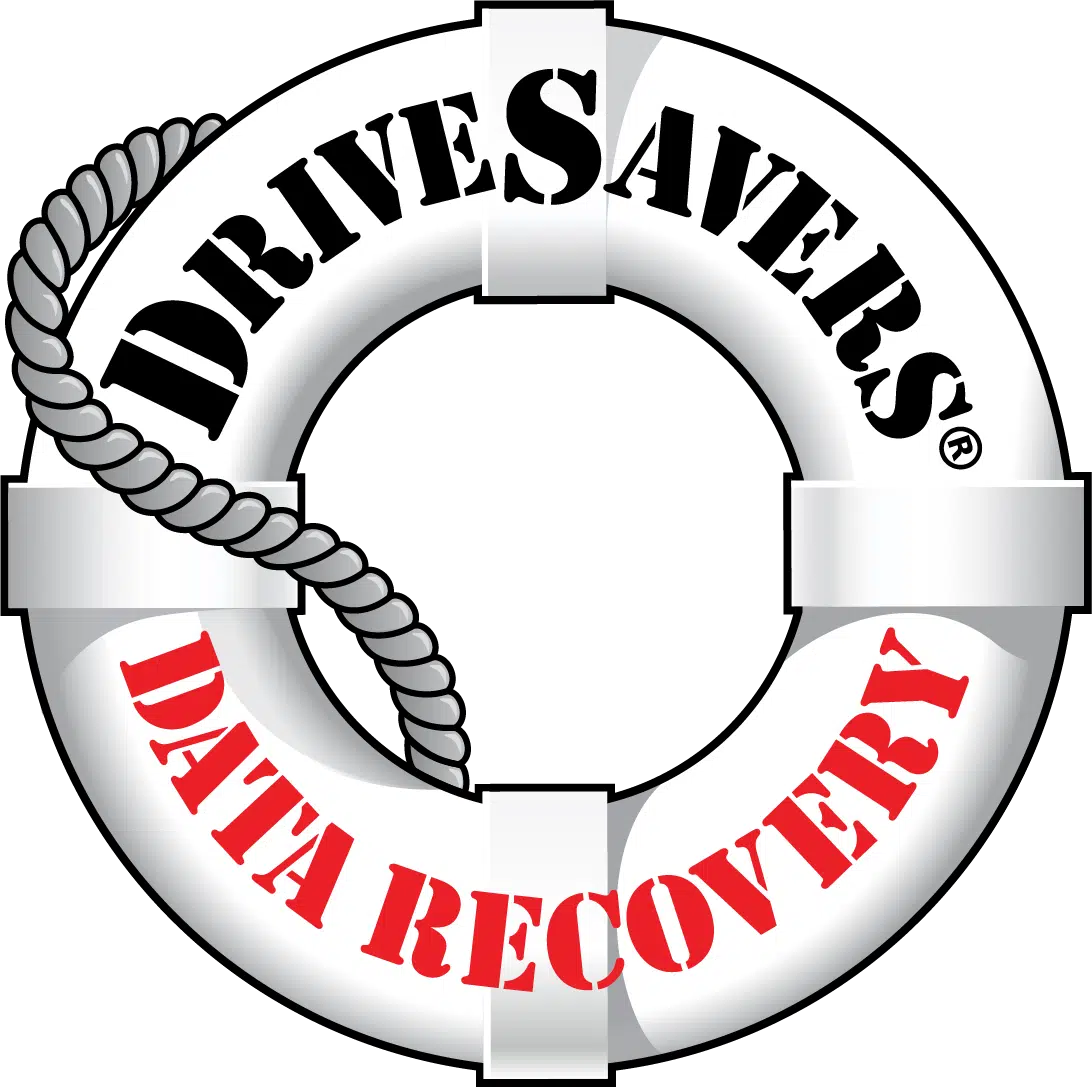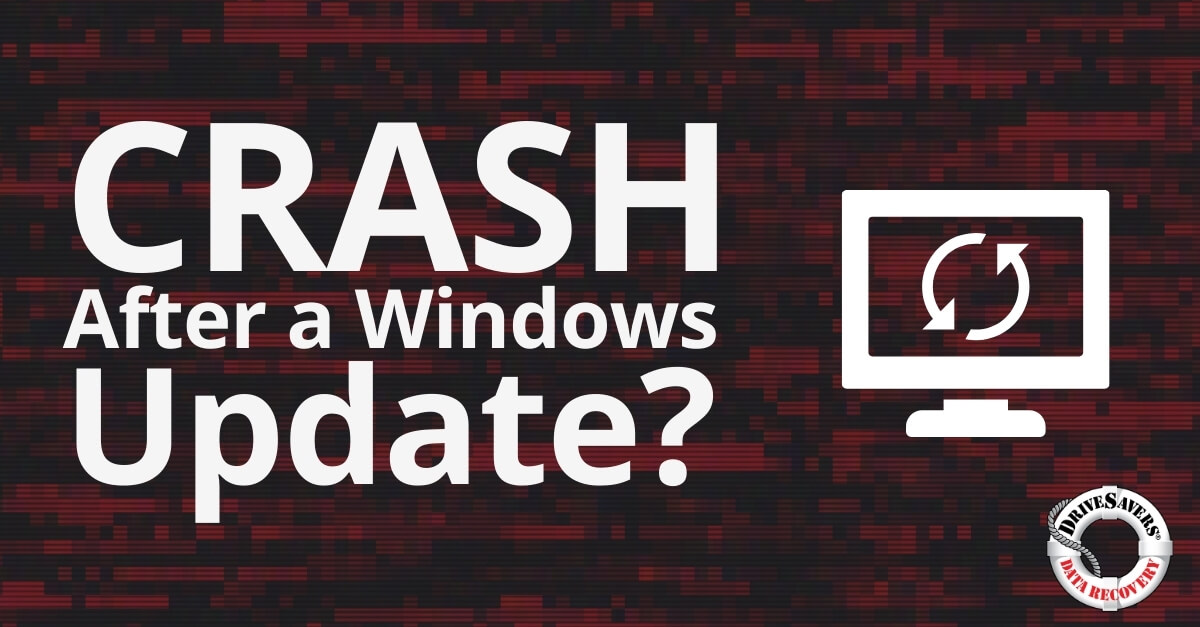When a Windows update goes wrong, recovering files can be critical. Here’s how to approach Windows data recovery.
Four Ways to Protect Yourself from a Data Breach


The customer names, Social Security numbers, birth dates, addresses, driver’s license numbers and other private information of more than 300,000 customers allegedly were not protected by firewalls, encryption or passwords.
“By not employing appropriate or even reasonable security measures, the companies exposed their customers to an unacceptable risk of identity theft and other serious consumer harms,” said the Federal Communications Commission (FCC).
For more details, click here to see the full FCC complaint.
Ways to Protect Yourself
Protecting your personal information greatly reduces the risk of identity theft.
1. Stranger Danger
Be sure you know and trust whoever you might be giving your personal information to. Never respond to blind requests for information over the Internet and do not download anything from anybody you do not know.
2. Secure Storage and Disposal
Store sensitive information securely and permanently dispose of any personal data that you no longer need.
Don’t forget to secure any computer or other data storage devices, like smart phones and tablets, with password protection, spam filters and anti-virus software. Be sure to change your passwords frequently and keep your security software up-to-date with the latest upgrades and patches.
3. Ask Questions
Ask why any specific information is needed before sharing anything private, especially your Social Security number. You should ask why it’s needed, how will it be used and, most importantly, how will your information be protected. Is any other form of identification acceptable and what happens if you don’t provide your Social Security number?
Remember, there are some situations where Social Security information is absolutely necessary, including reporting wage and salary information from a job, applying for a loan or signing up for a rental property.
4. Pay Attention to Privacy Policies
The fine print can be very revealing, so please read the policy and ask questions if you see anything that’s vague or unclear. What is the information used for? Who has access to it? Are any third parties involved? If you see anything suspicious, ask for clarification. If the answers aren’t convincing, take your business elsewhere.



